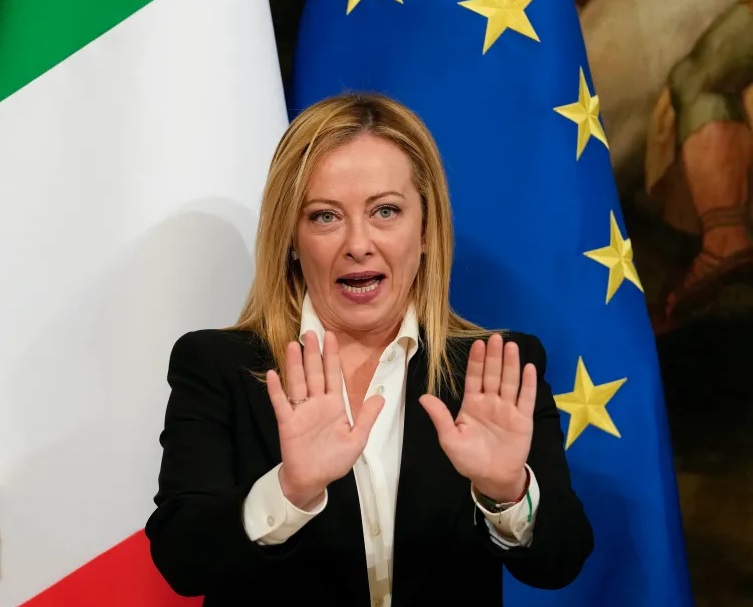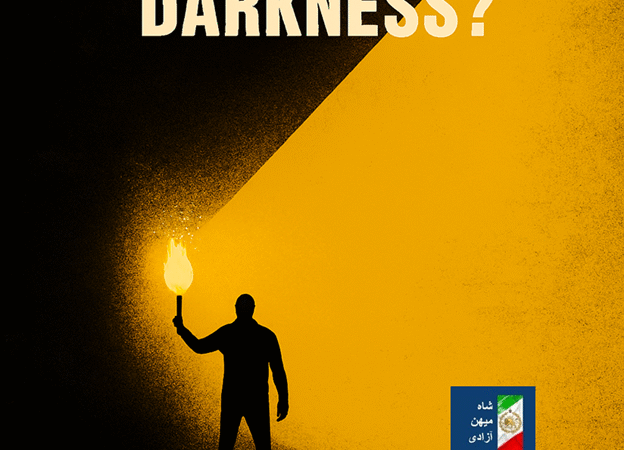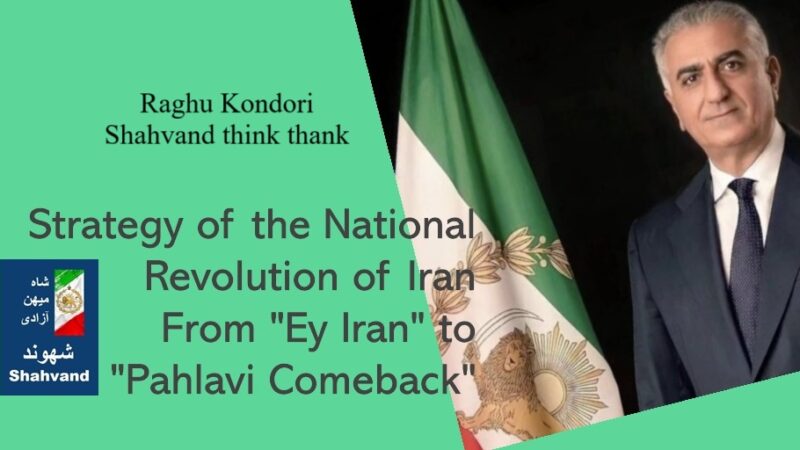Italy, the return of the Roman patriotism

The idea of a resurgence in Roman patriotism in Italy, particularly as seen through the political lens of @GiorgiaMeloni is a fascinating convergence of history, culture, and modern politics.

This phenomenon reflects a deeper longing within certain segments of Italian society to reconnect with a storied past that symbolizes strength, unity, and cultural preeminence.
Post-Renaissance Italy and the Evolution of National Identity
To understand the contemporary resurgence of Roman patriotism, it’s essential to first look at the evolution of Italian national identity since the Renaissance. The Renaissance, which began in Italy in the 14th century, was a period of unprecedented cultural, artistic, and intellectual achievement. However, it was also a time when Italy was fragmented into city-states and regions, each with its own rulers and rivalries.
From Fragmentation to Unification
The unification of Italy, known as the Risorgimento, in the 19th century brought together these fragmented states into a single nation. This period was driven by a sense of romantic nationalism, with figures like Giuseppe Garibaldi and Count Camillo di Cavour championing the cause of Italian unity. The newly unified Italy sought to establish a national identity that could compete with the established powers of Europe.
Roman Legacy in Italian Nationalism
Throughout Italian history, the legacy of ancient Rome has been a powerful symbol of national pride. The Roman Empire represents a period when Italy was at the center of a vast, influential civilization that shaped the course of Western history. This legacy has been invoked at various points to foster a sense of continuity and greatness.
During the Fascist era under Benito Mussolini, Roman imagery and rhetoric were heavily employed to legitimize the regime and evoke a sense of historical destiny. Mussolini’s ambition to recreate a modern Roman Empire was a central theme of his propaganda.
Giorgia Meloni and Modern Roman Patriotism
Giorgia Meloni, leader of the Brothers of Italy (Fratelli d’Italia), represents a contemporary iteration of this historical pattern. Born in 1977, Meloni has risen to prominence as a right-wing politician with a platform that emphasizes nationalism, traditional values, and a strong national identity. She has often invoked Italy’s Roman heritage as a source of inspiration and pride.
Cultural and Political Rhetoric
Meloni’s rhetoric often includes references to the greatness of Rome and the importance of preserving Italian cultural identity. She positions herself and her party as defenders of Italy’s historical and cultural legacy against the forces of globalization and multiculturalism, which she argues dilute national identity.
Her speeches and public appearances frequently feature symbols and language that harken back to Italy’s imperial past. This resonates with a segment of the Italian populace that feels disconnected from the political and economic systems of the European Union and nostalgic for a time when Italy was a dominant force in the world.
Policy and Symbolism
Under Meloni’s leadership, the Brothers of Italy have advocated for policies that reinforce national sovereignty and cultural homogeneity. This includes stricter immigration controls, promotion of Italian cultural and historical education, and opposition to policies perceived as undermining traditional Italian values.
The use of Roman symbolism is not just rhetorical; it is also visible in the party’s imagery and events. The party logo itself incorporates elements reminiscent of Roman insignia, and their rallies often evoke a sense of historical grandeur.
The Broader Context
The resurgence of Roman patriotism in contemporary Italy is part of a broader trend seen across Europe and other parts of the world, where nationalist movements have gained traction by appealing to historical narratives and symbols. This phenomenon reflects a reaction to the rapid changes brought about by globalization, economic uncertainty, and cultural shifts.
For many Italians, the appeal of Roman patriotism lies in the promise of a return to a more certain and glorious past, providing a sense of identity and purpose in an increasingly complex and interconnected world.
Conclusion
The return of Roman patriotism in Italy, exemplified by Giorgia Meloni’s political platform, is a complex and multi-faceted phenomenon. It taps into deep-seated cultural memories and historical narratives, offering a vision of national renewal rooted in the glories of the past. As Italy navigates the challenges of the 21st century, this resurgence of Roman pride will likely continue to play a significant role in shaping the nation’s identity and political landscape.
Raghu Kondori
Shah Homeland Freedom™ #ShahHomelandFreedom™
Shah Patrie Liberté™ #ShahPatrieLiberté™
™شاه میهن آزادی™ #شاه_میهن_آزادی
Copyright © 2023-2025 Raghu Kondori. All Rights Reserved.

